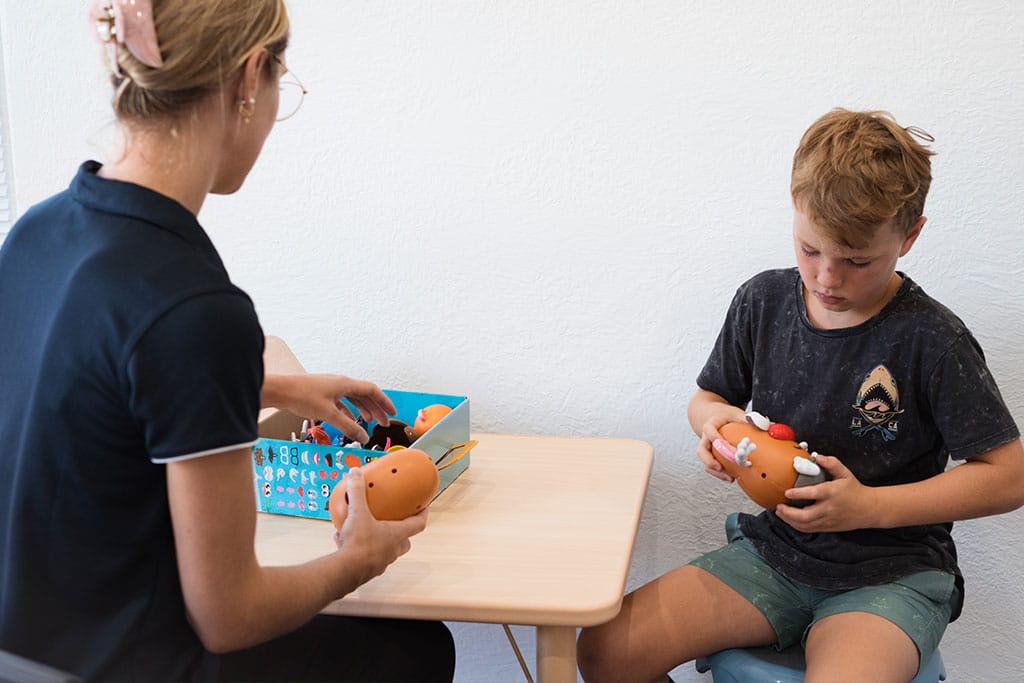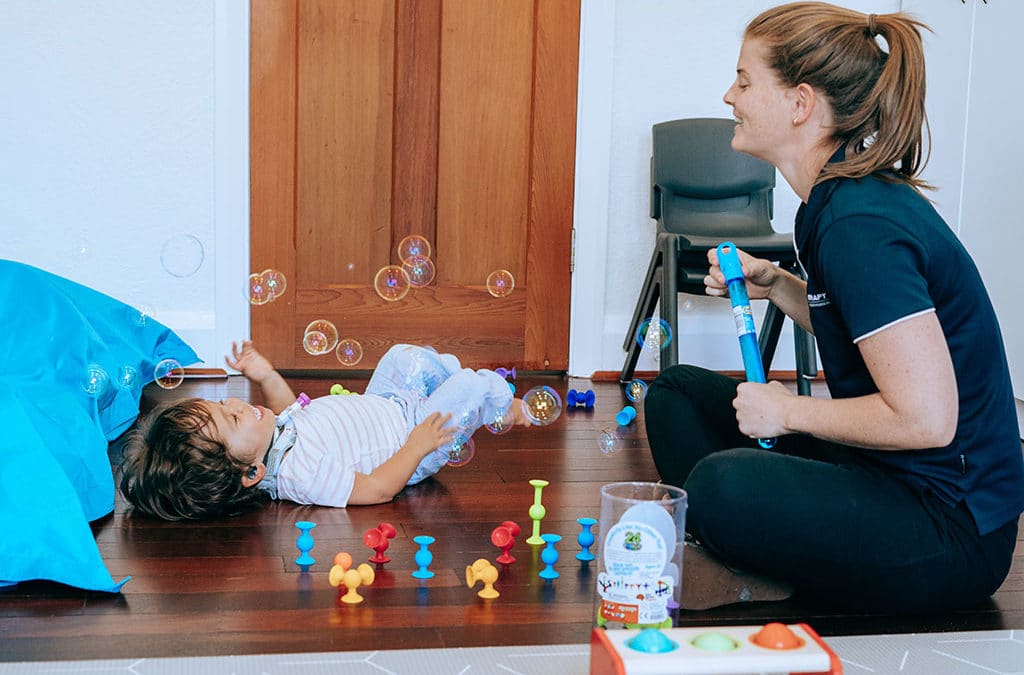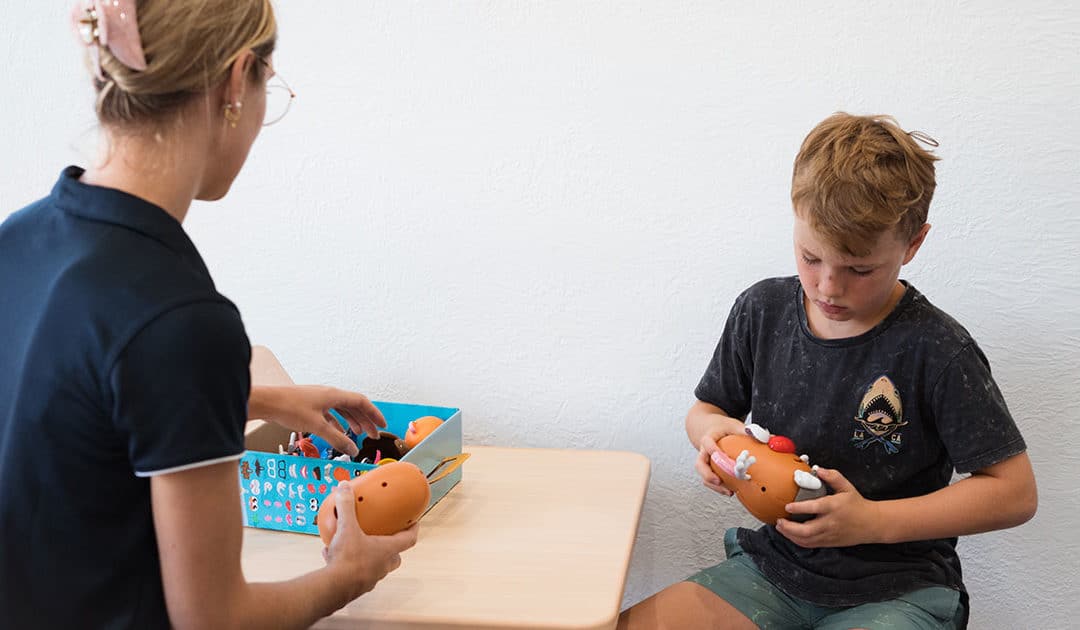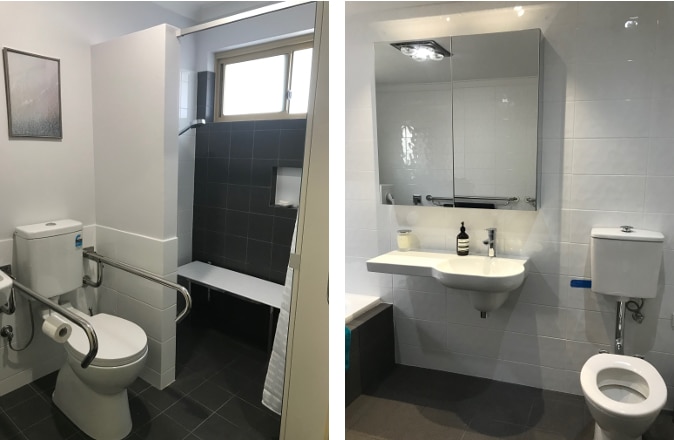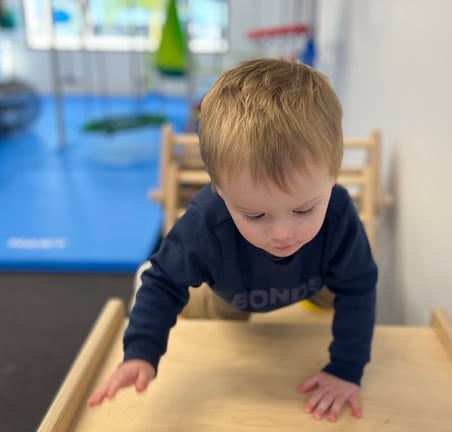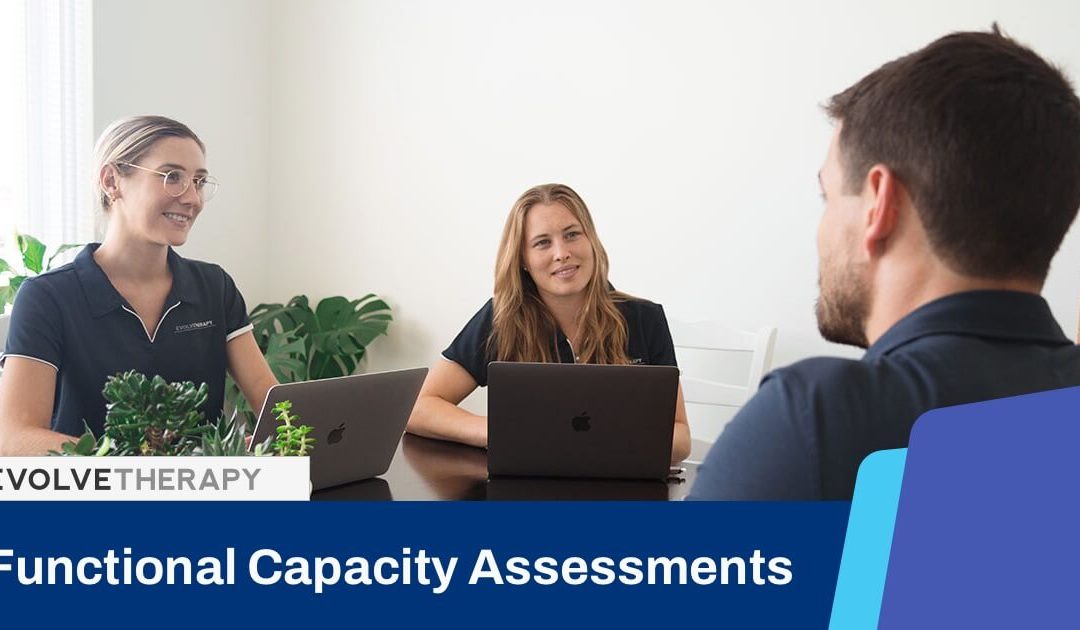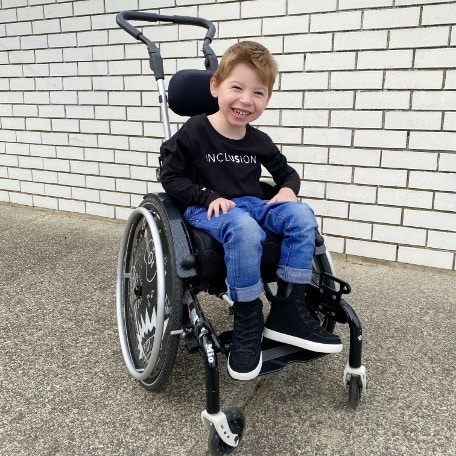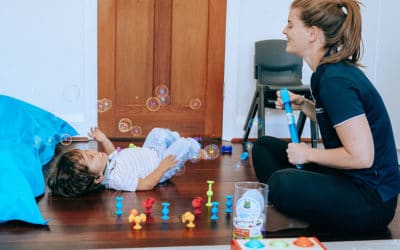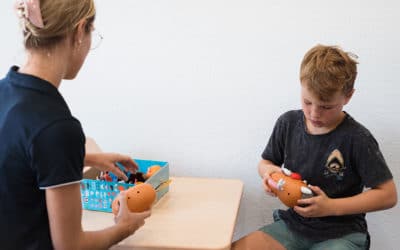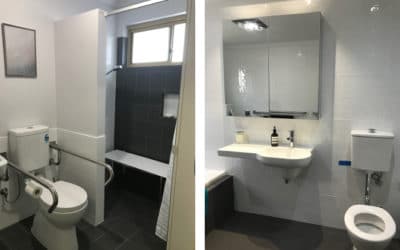Children with ADHD often face challenges in emotional regulation which can greatly impact their daily lives. The link between both is complex and each may manifest in a number of different behavioural forms, making it difficult to respond in a healthy and adaptive way. Let’s explore the crucial connection between ADHD and emotional regulation in children and how occupational therapy can make a significant difference.
The Link Between ADHD and Children’s Emotional Regulation
Neurobiological Factors
ADHD is associated with differences in brain structure and function, particularly in areas related to executive functions and emotional regulation. Neurotransmitter imbalances, particularly involving dopamine, play a role in both attention regulation and emotional responses.
Executive Function Deficits
Executive functions, which include skills such as planning, organising, and self-monitoring, are often impaired in individuals with ADHD. These deficits can affect the ability to regulate emotions effectively, leading to impulsive reactions and difficulty in adapting to changing emotional states.
Sensory Sensitivities
Individuals with ADHD may have heightened sensitivities to sensory stimuli. Overstimulation or discomfort from sensory input can contribute to emotional dysregulation. For example, a loud environment or certain textures may trigger intense emotional responses.
Impulsivity
Impulsivity is a hallmark feature of ADHD. Impulsive behaviour can extend to emotional reactions, where individuals with ADHD may act on their emotions quickly without considering the consequences. This impulsivity can result in rapid shifts between emotional states.
Difficulty with Transitions
Individuals with ADHD often struggle with transitions. Rapid changes in tasks or activities can lead to emotional distress as the individual may find it challenging to shift their focus and adapt to new situations.
Co-Existing Conditions
ADHD frequently coexists with other conditions, such as anxiety or mood disorders, which can further complicate emotional regulation in children. Identifying and addressing these co-existing conditions is crucial for managing emotional challenges effectively.
Social and Peer Interactions
Difficulty in social interactions is common in individuals with ADHD. Challenges in reading social cues and maintaining appropriate social behaviours can lead to emotional difficulties, especially in peer relationships.
Frustration and Low Frustration Tolerance
Individuals with ADHD may experience frustration more intensely, and their tolerance for frustration may be lower. This can result in emotional outbursts, especially in situations where tasks are challenging or expectations are not met.
Self-Esteem and Coping Strategies
Chronic difficulties in emotional regulation can impact self-esteem. Individuals with ADHD may develop coping strategies, some of which may be maladaptive, to manage their emotions, potentially leading to additional challenges.
The Impact of Occupational Therapy on ADHD Child Emotional Regulation
Occupational therapy (OT) can have a significant positive impact on emotional regulation in children. In child emotional regulation therapy, professionals are trained to address sensory processing issues by providing activities that stimulate or soothe the senses. They may also look at environmental modifications such as creating structured routines, minimising distractions, and providing sensory-friendly spaces.
They can also provide tailored techniques in emotional regulation therapy, as well as personalised coping mechanisms to meet the unique needs of each child. Behavioural interventions may involve developing behaviour plans, setting clear expectations, and providing positive reinforcement for each child.
Not only this, but occupational therapists can help children develop executive functioning skills such as organisation, planning, and self-regulation, alongside social skills to make communication easier.
Taking the Next Step: Child Emotional Regulation Therapy in Perth
Empower your child with ADHD to navigate the challenges of emotional regulation through occupational therapy. Unlock a brighter future by understanding, addressing, and nurturing their unique emotional needs.
Evolve Therapy offers comprehensive, fully tailored OT therapy for kids with ADHD. Our interventions assist in laying the foundations for regulating emotions, helping children interact, communicate and engage in everyday life easier.
If you’re looking for children’s occupational therapy in Perth that you can trust, we would love to be your support in improving your child’s quality of life.
